We put the cable-hiding credentials of this Corsair dual-chamber case to the take a look at
Up to date: Apr 12, 2024 4:16 pm
WePC is reader-supported. Whenever you purchase by hyperlinks on our web site, we might earn an affiliate fee. Costs topic to alter. Learn more
SPONSORED PIECE
In our review of the Corsair 2500X PC case we famous its largest power was its assist for ‘cableless’ back-connect PC builds, although sadly we didn’t have the elements on the time to make a completely operational one ourselves. Properly, now we now have, and we’re fairly happy with the tip outcome!
We determined to place collectively this construct with an AIO cooler setup and a vertically mounted GPU as a little bit of a take a look at of the case’s full capabilities. Learn under for our experiences in placing collectively this stunning beast, the elements we used, and what it’s best to keep in mind if trying one in every of these builds your self.
What’s a again join PC construct?
Again join motherboards are these which have all of their cable mounts positioned on the again/underside, in order that the entire wiring is positioned within the again chamber of the case, releasing up the primary chamber of the PC to have a nicer aesthetic look and higher air circulate. Though this expertise has existed for a few years now, these boards have actually began to take off in 2024, and sure characterize the mainstream way forward for PC constructing.
Numerous PC circumstances have additionally been launched which might be designed to be totally appropriate with these motherboards, having the required holes within the motherboard plate to feed the wiring by into the again chamber, and the house throughout the again chamber for the extra cable size. These embody a variety of ‘dual-chamber’ circumstances from Corsair (such because the 2500X/D and the 6500X/D), so named as a result of the again chamber is sort of as giant as the primary one, giving ample house for cable administration.
There have even been just a few back-connect graphics playing cards launched which connect with a PCIe Excessive-Energy connector and graphics card high-power slot on the motherboard for his or her energy, which in flip connects to the PSU. This removes the necessity for the lengthy energy cable to snake immediately from the GPU to the PSU within the again.
Earlier
Subsequent
Earlier
Subsequent
What we included in our back-connect construct
Though again join builds have gotten more and more well-liked, there’s nonetheless not a large variety of circumstances and motherboards on the market that do assist this tech, and those who do aren’t at all times appropriate with one another, so step one is to be sure that your entire elements are earlier than you pull the set off.
Corsair kindly provided us with the case, vertical GPU mount, and a full array of the most recent RX120 RGB fans and a LCD iCUE link H150i AIO cooling system, plus we used our personal Corsair PSU and RAM that are our go-tos of selection anyway, and an iCUE LINK Cable package. We’d strongly suggest getting a cable package for those who’re placing collectively the same AIO construct to make sure you have a ample variety of the longer cables, supplying you with extra flexibility on the subject of element positioning.
The TUF GAMING B760M-BTF WIFI motherboard was kindly provided by ASUS (for those who’re utilizing DDR5 RAM you’ll wish to choose the D5 variant, and D4 for DDR4), and we used an ASUS ROG Strix RTX 4070 Ti SUPER graphics card that we had in inventory, plus an Intel Core i9-12900KS processor.

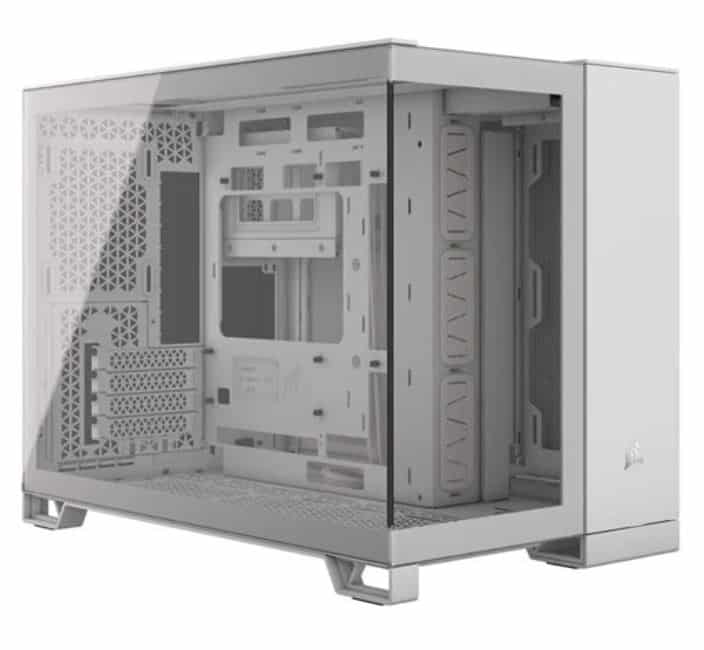
9x 120mm / 4x 140mm + 3x 120mm
Prime: 360mm, 280mm, 240mm Aspect: 240mm Backside: 360mm, 280mm, 240mm Rear: 120mm

ASUS TUF GAMING B760M-BTF WIFI D4
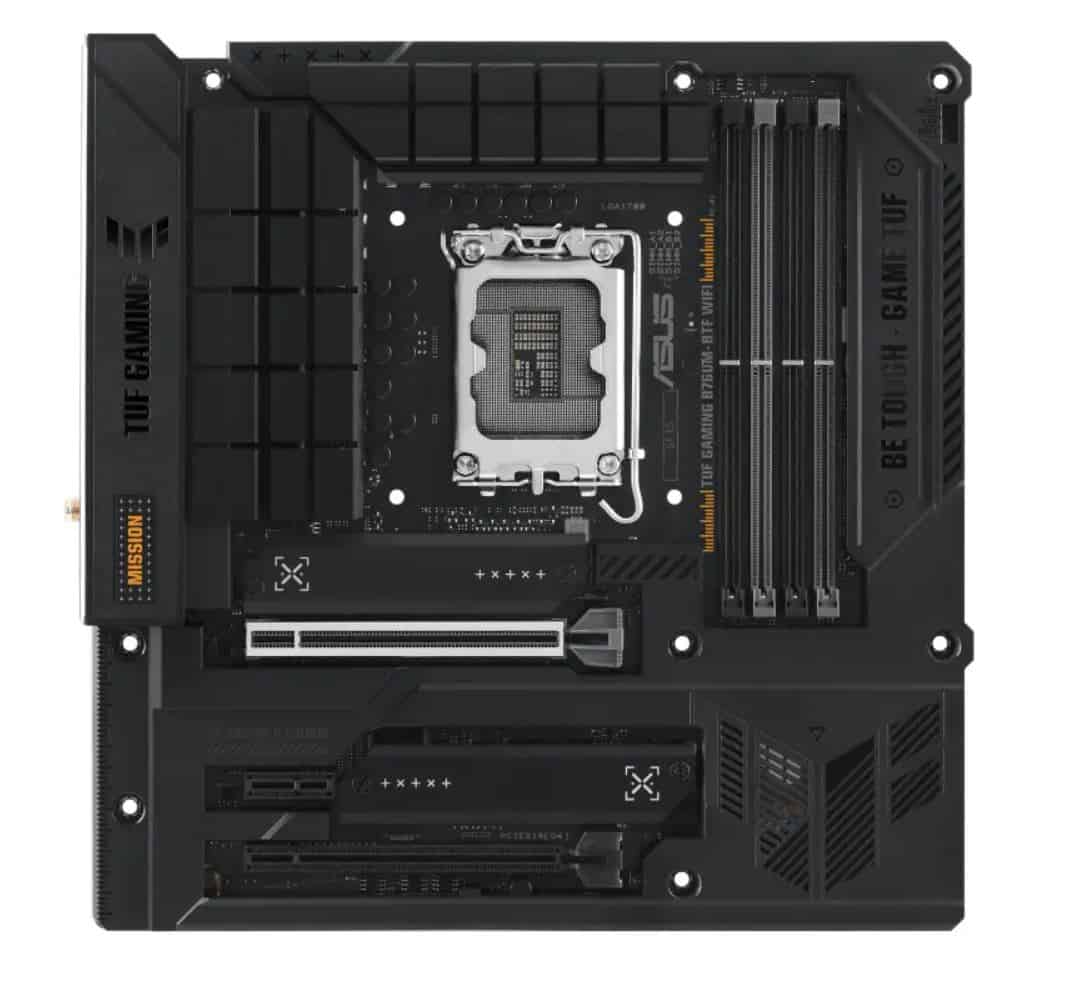
12+1 DrMOS (with enlarged VRAM heatsinks)
1 x PCIe 5.0 x16, 1 x PCIe 4.0 x16, 1 x PCIe 4.0 x1 slots, 3 x M.2 slots and 4 x SATA 6Gb/s ports
1 x DisplayPort 1 x HDMI 1 x Line In 1 x Line Out 1 x Mic-In 1 x RJ-45 4 x USB 2.0 2 x USB 3.2 Gen1 Kind-A 1 x USB 3.2 Gen1 Kind-C 1 x USB 3.2 Gen2 Kind-A 1 x USB 3.2 Gen2 Kind-C 1 x USB 3.2 Gen2x2 Kind-C

ASUS ROG Strix RTX 4070 Ti Tremendous OC
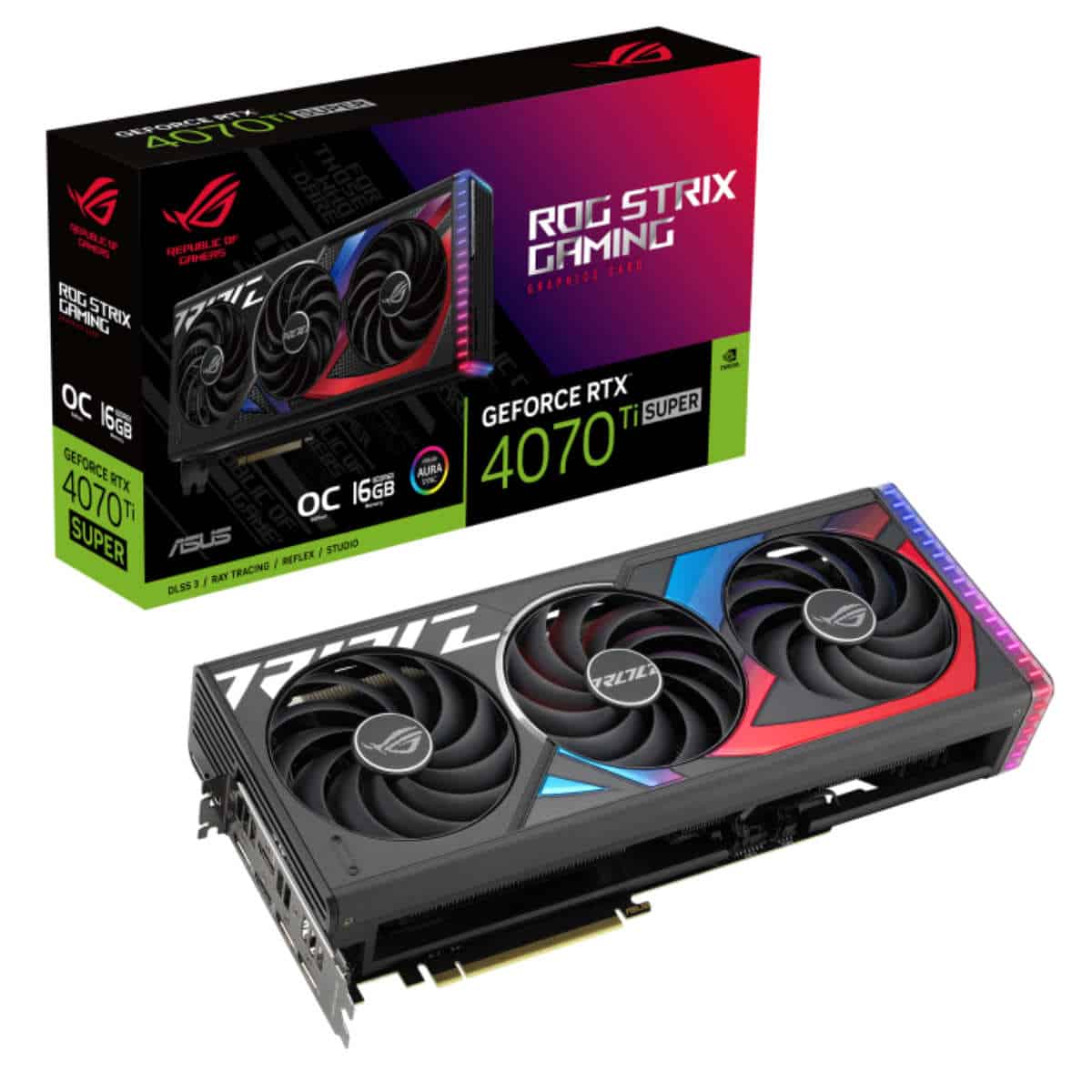
2,670MHz enhance, 2,340MHz base
336 x 150 x 63 mm ( 13.22 x 5.9 x 2.48 inch)

Corsair 2500 Sequence Vertical GPU Mount Equipment
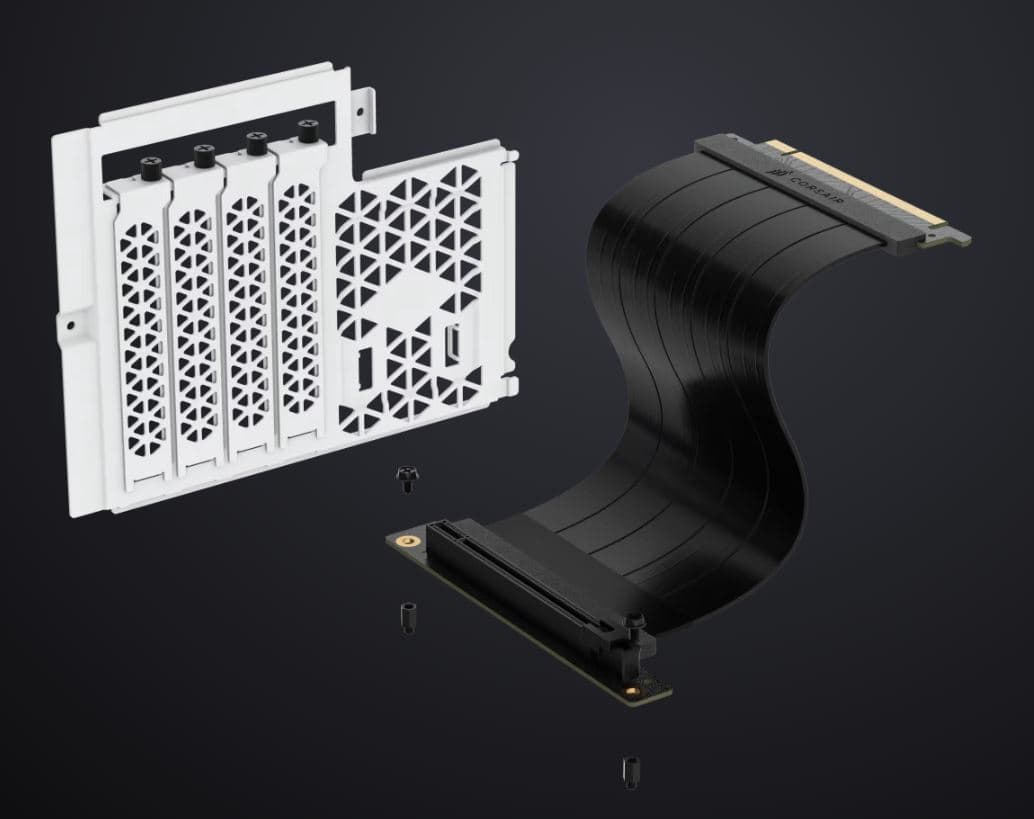
1x Vertical PCI Mounting Panel, 1x 125mm PCIe 4.0 Riser Cable
2x Lengthy Standoffs, 4x Screws
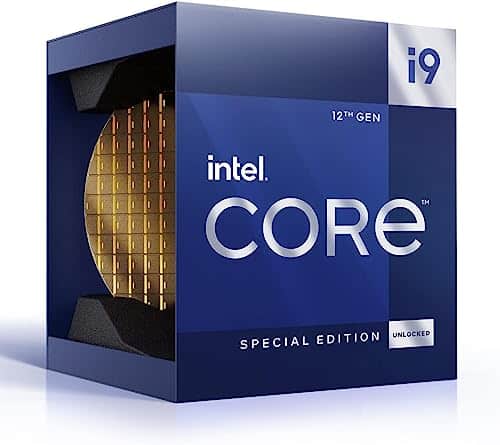
Corsair iCUE Hyperlink H150i AIO 360mm
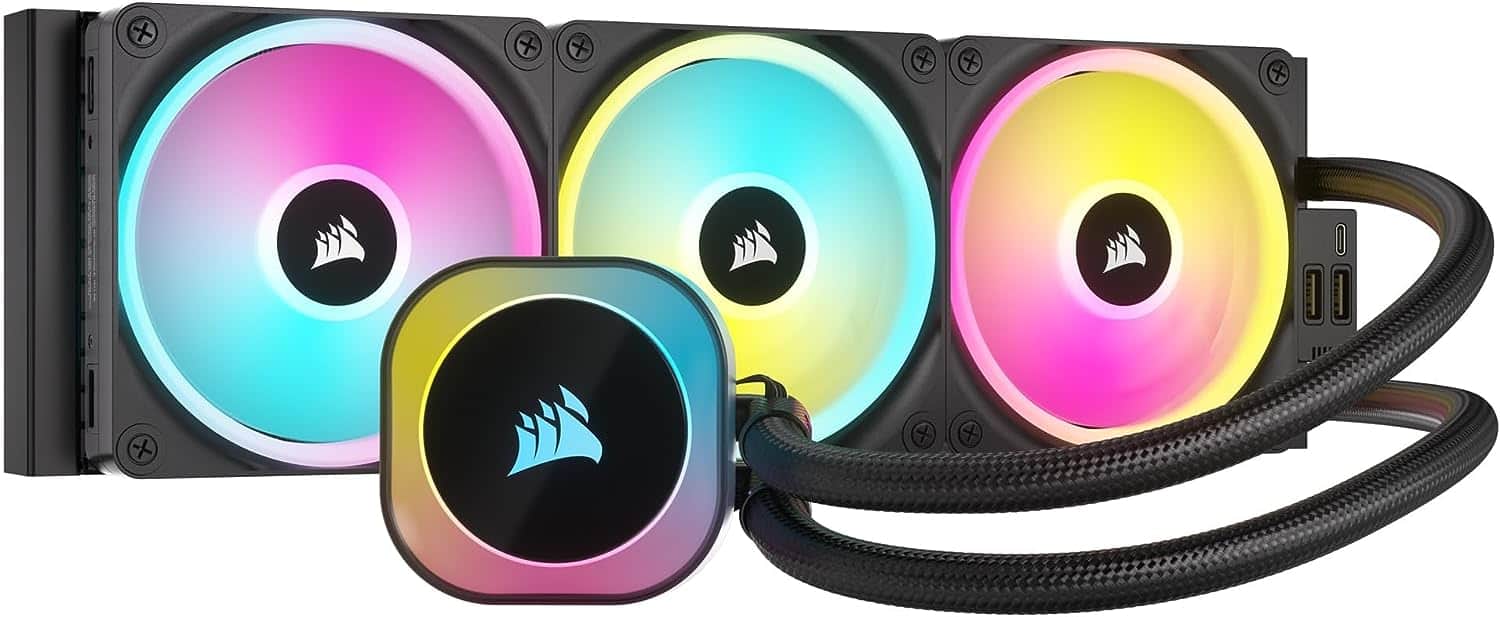
15.63 x 4.72 x 1.06 – inches

CORSAIR iCUE Hyperlink RX120 RGB 120mm PWM Followers with iCUE Hyperlink System Hub

as much as 4.38mm-H2O of static strain
Corsair iCUE Hyperlink Cable Equipment
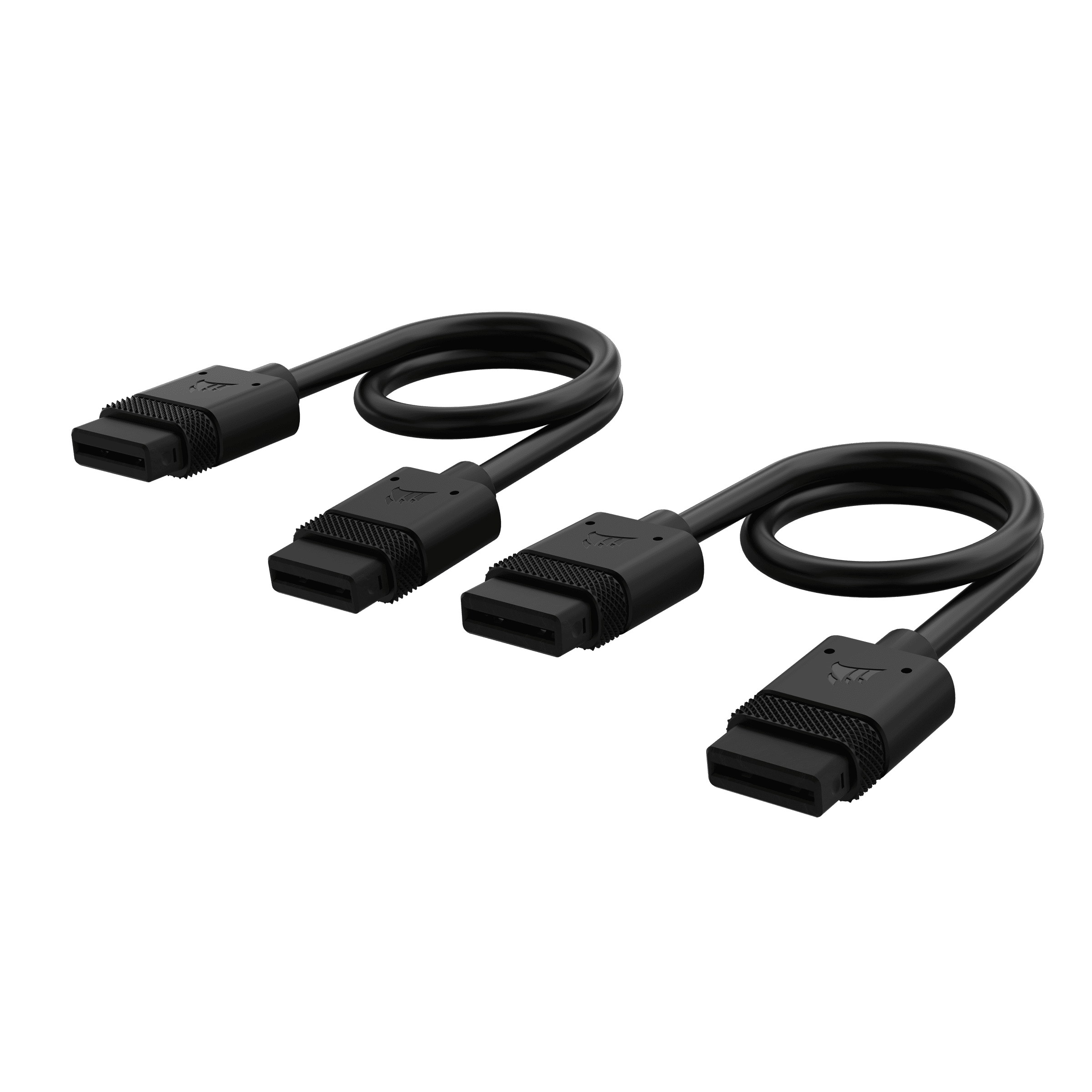
Corsair Vengeance RGB Professional 16GB (2x8GB) DDR4 4000MHz
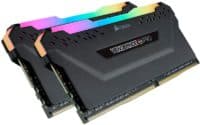
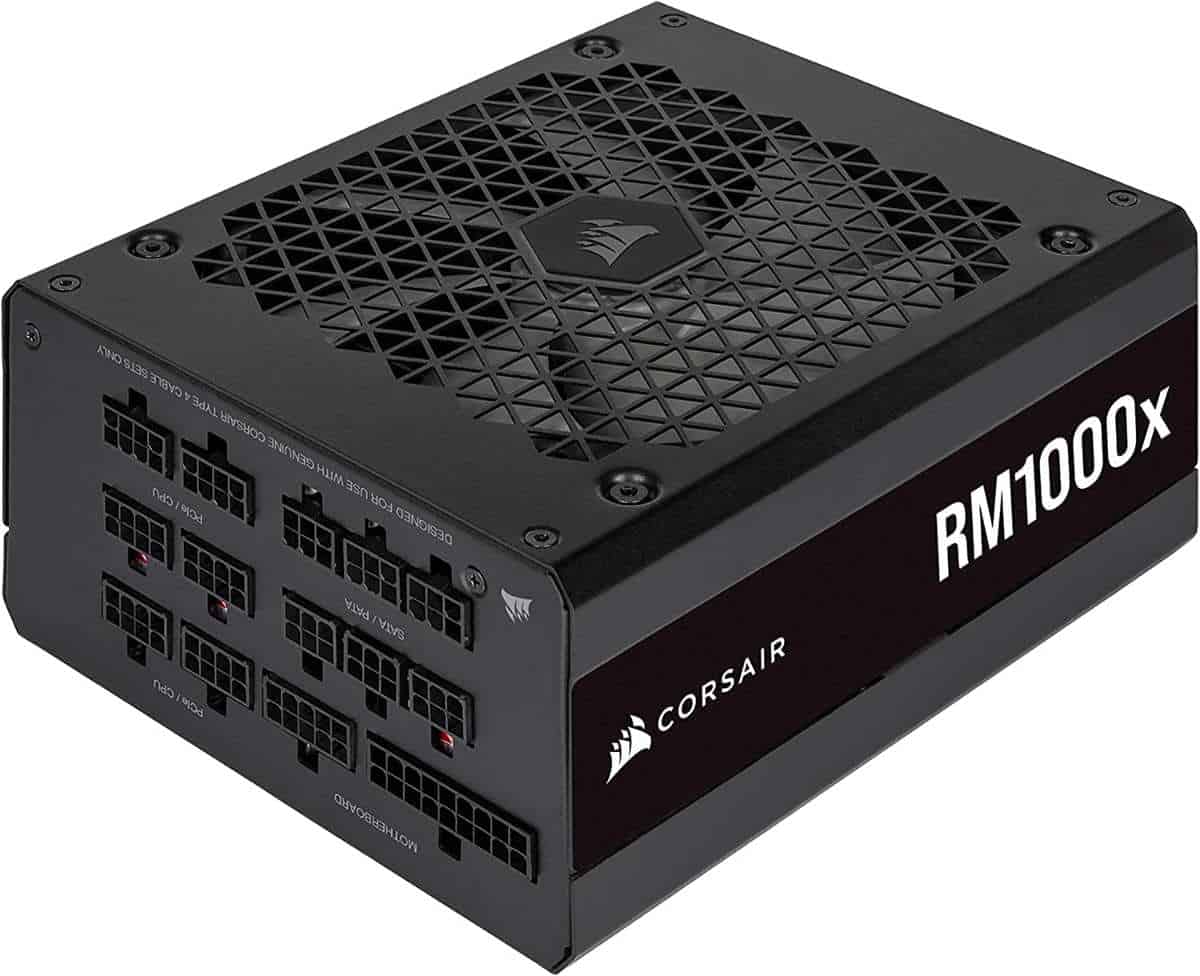
Samsung 960 PRO Sequence – 2TB PCIe NVMe – M.2 Inner SSD
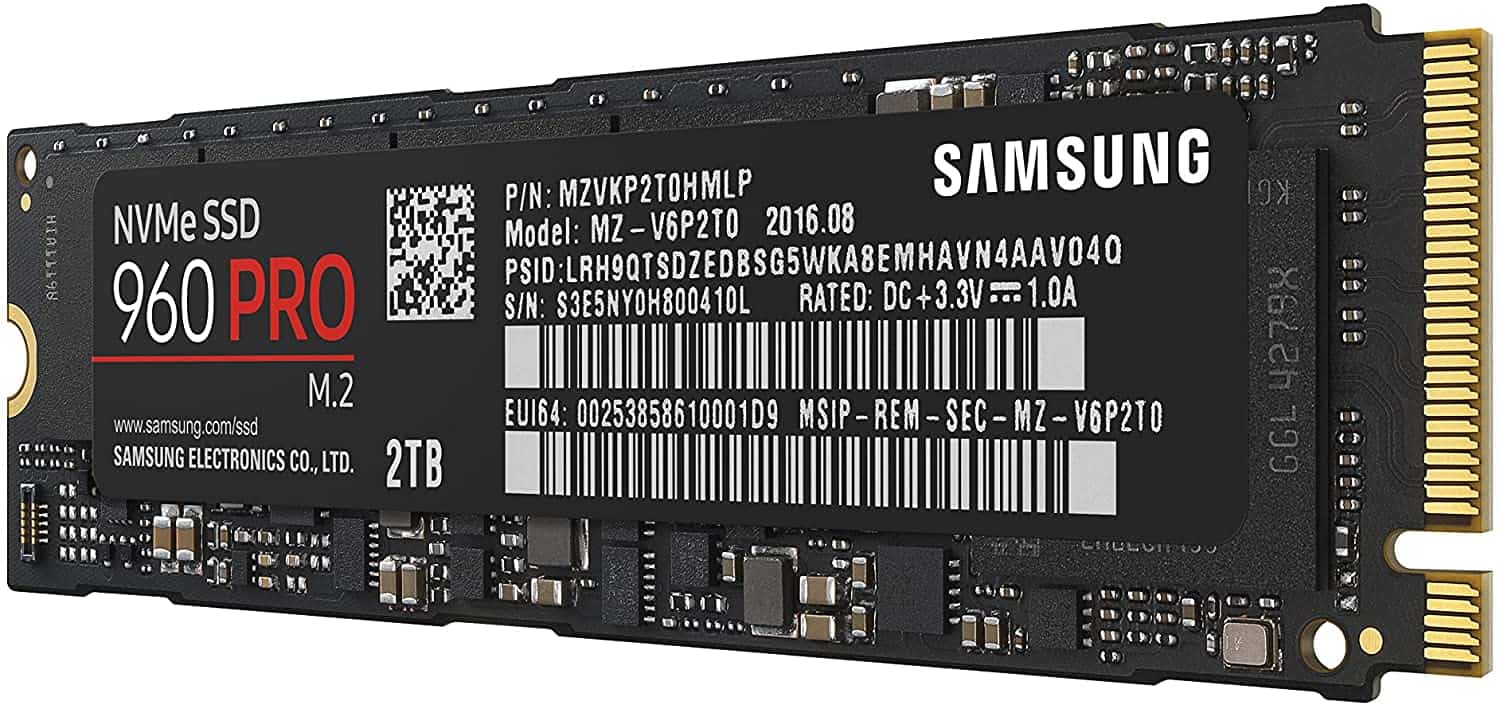
Placing it collectively
In the event you’ve ever constructed a PC earlier than you then shouldn’t have any challenge with constructing a back-connect rig, at the very least with this 2500X case anyway. The case carried out admirably, with loads of gaps to run cables by out of sight, plus ample holes by which cable ties and many others. will be looped round within the again part to assist in cable administration. For a not-so-big case it felt fairly roomy inside.
Becoming the AIO and followers
Earlier
Subsequent
Earlier
Subsequent
Because the GPU can be taking over a lot of the underside of the case, we positioned the 360mm iCUE LINK H150i AIO radiator on the highest, with the tip with the protruding cooling tubes going through the rear of the case in order to enhance the aesthetics when wanting by the glass entrance panel. We loosely mounted the radiator to the highest rail with 4 screws solely at first (in case some adjustment was required – which it was) then affixed the water pump on high of the CPU. Following the set up of the GPU, we tucked the liquid tubing behind it as neatly as potential. Previous to this although we added the opposite case followers.
In addition to the AIO radiator, we used 5 extra 120mm followers in whole – initially we had been planning on utilizing six however we needed to take away one from the underside of the case to permit the vertical GPU mount to suit. These newer Corsair RX120 RGB followers are constructed with a glass fibre bolstered liquid crystal polymer that improves airflow, offering as much as 2,100 RPM and 74.2 CFM of airflow / 4.38mm-H2O static strain. They’re additionally good and quiet, partially because of their magnetic dome bearing, and will be set to ‘Zero RPM Fan mode’ throughout the software program, permitting them to modify off ‘throughout low load durations for near-silent operation’. Together with the cooler they’re totally built-in with the iCUE LINK ecosystem, which you’ll learn extra about by clicking the hyperlink to our devoted information.
The brand new connectors these Corsair followers include make wiring the entire thing considerably simpler than it was, with a single connection powering the fan and the RGB on it. The followers can all be interchangeably mounted collectively utilizing little stubby connectors, in a kind of Lego-like trend; these connectors additionally transfer energy between the followers, so that you solely want one cable working from the tip fan of a financial institution of three which were related collectively, so as to energy the whole thing. The fan casings are magnetised so have a level of stick if you press them towards the case; you’ll nonetheless must screw them on to affix them correctly, however it makes doing in order that a lot simpler.
To notice: the a part of the construct we had to consider most was connecting the entire followers and AIO collectively onto the small sq. iCUE LINK System Hub positioned within the again chamber (see its image underneath the ‘again compartment’ part under), which has two appropriate connection ports. You may daisy chain the entire followers and AIO system collectively, with the ultimate element linking to the hub, and they need to all work: every of the 2 connections is able to supporting as much as seven totally different units, so the hub can assist fourteen in whole. We discovered the smartest answer to be to attach the underside followers to the aspect followers with an extended cable working alongside the underside of the case (with the surplus size tucked away into the again compartment), and a shorter cable connecting the aspect followers to the hub across the again. We additionally related the rear fan to the AIO radiator, which then ran its cable by the again to the hub’s different socket.
The GPU
Earlier
Subsequent
Given the draw of this setup is what the case appears like from the entrance, we took a extra pragmatic strategy to cable administration around the again: prioritising ease of entry for upgrades and modifications (together with to the iCUE Hyperlink hub) quite than tightly clamping all the things down for aesthetics functions. You might get higher outcomes for those who took longer, although it’s at all times going to be a bit cramped on a back-connect construct of this measurement.
Finally, given the quantity of cabling that leads to the again compartment in back-connect builds, you’re going to need to take care of a good quantity of wiring, though the extra house provided by the dual-chamber building of the 2500X did assist significantly. If you’d like more room for a tidier setup, then we’d suggest the bigger Corsair 6500X, which is sort of the identical case, simply greater.
As ever it’s a good suggestion to ensure all of your case wiring is fitted to the motherboard earlier than placing within the PSU, and we fitted all the facility cabling to the PSU earlier than we screwed it in.
The again compartment
Earlier
Subsequent
Earlier
Subsequent
Given the draw of this setup is what the case appears like from the entrance, we took a extra pragmatic strategy to cable administration around the again: prioritising ease of entry for upgrades and modifications (together with to the iCUE Hyperlink hub) quite than tightly clamping all the things down for aesthetics functions. You might get higher outcomes for those who took longer, although it’s at all times going to be a bit cramped on a back-connect construct of this measurement.
Finally, given the quantity of cabling that leads to the again compartment in back-connect builds, you’re going to need to take care of a good quantity of wiring, though the extra house provided by the dual-chamber building of the 2500X did assist significantly. If you’d like more room for a tidier setup, then we’d suggest the bigger Corsair 6500X, which is sort of the identical case, simply greater.
As ever it’s a good suggestion to ensure all of your case wiring is fitted to the motherboard earlier than placing within the PSU, and we fitted all the facility cabling to the PSU earlier than we screwed it in.
Beginning it up
Earlier
Subsequent
Assuming you’ve gone by the method of putting in Home windows on the SSD/HDD you’re utilizing and put in all the required drivers, the following step to get your followers and AIO working accurately is to be sure that the iCUE LINK software program is put in and (that is essential) totally updated with the most recent software program and firmware (you’ll be able to examine this inside settings by clicking the cogwheel icon within the high proper). In the event you don’t do this you will discover parts of the RGB don’t work accurately, notably for those who’re utilizing a mixture of elements. After doing this, we suggest restarting the pc, then opening up the software program once more.
As soon as the appliance is updated, navigate to Dwelling > Lighting Setup (underneath the Hyperlink System Hub part) and observe the setup wizard.
From right here you’ll be able to setup varied animations, layers, and groupings for the totally different followers and elements. Beneath {Hardware} Lighting it’s also possible to set some extra restricted results that can function even when the iCUE utility isn’t working. Fan Management may also allow you to setup customized RMP curves and profiles for various situations.









Discussion about this post